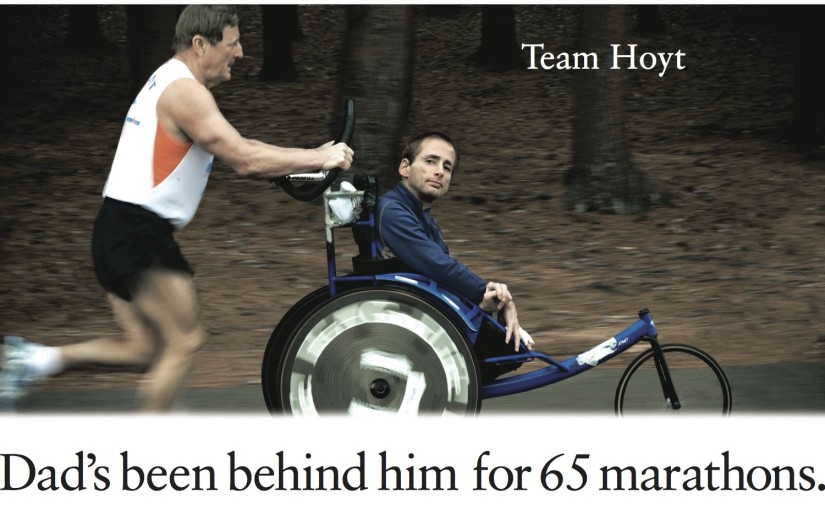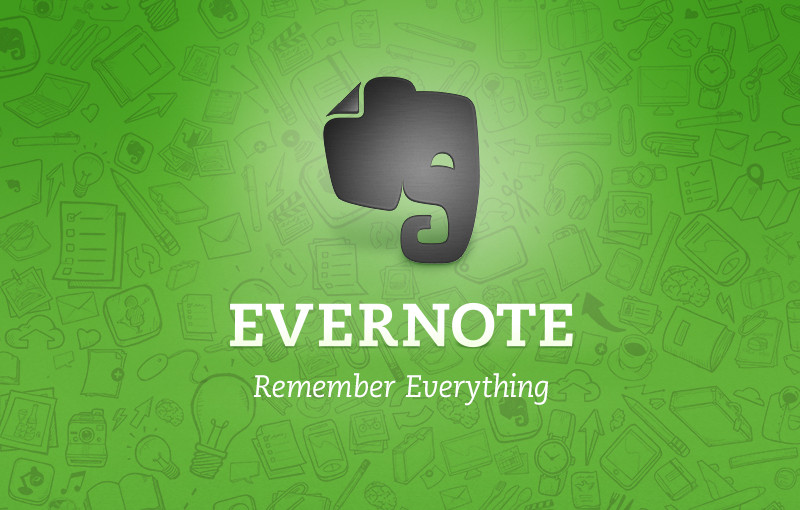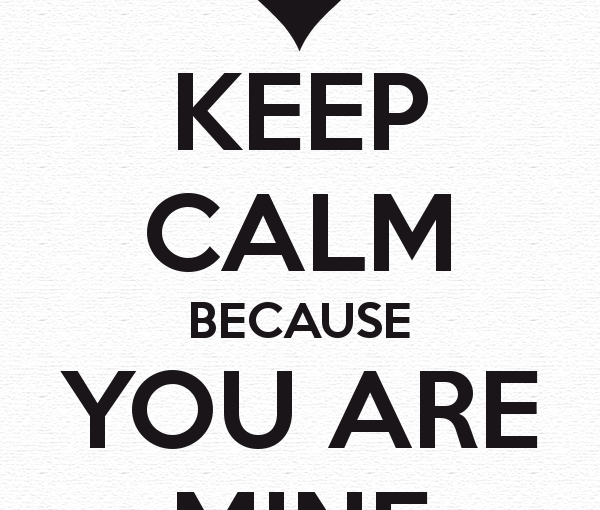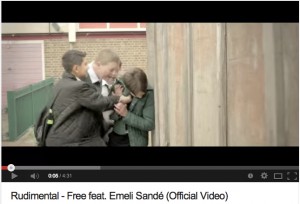And God spoke all these words,
Exodus. 20:1
Because lawlessness shall abound, the love of many will grow cold.
Matthew 24:12
Read Exodus 20:1-21
Throughout the world many will be tuning into Brazil to see many nations competing on the fields of friendly strife of football. With the World Cup kick off the very thing that makes football understandable and enjoyable is that there are rules in place to turn it from a gaggle of 22 players into a beautiful sport. Without laws governing football, the game would be impossible to be played.
Have you ever wondered what the purpose of the Ten Commandments was? What is the purpose of the Law? Is it simply to impose a heavy burden. Is it a way to show us how to achieve a 10 out of 10 Score? Are they 10 ways to be perfect?
The Law serves three purposes. An easy way to remember this is SOS . 1. The Law Shows us Our Sin. 2. The Law Shows us Our Savior. 3. The Law Shows us Sactification.
SOS Shows us our Sin
The first aspect of the Law can be described as prohibitive. It tells us what not to do.
1. “Thou shalt have no other gods before Me” (Ex. 20:3). If this first Commandment received the respect it demands, obedience to the other nine would follow as a matter of course. “Thou shalt have no other gods before Me” means, Thou shalt have no other object of worship: thou shalt own no other authority as absolute: thou shalt make Me supreme in your hearts and lives. How much this first commandment contains! There are other “gods” besides idols of wood and stone. Money, pleasure, fashion, fame, gluttony, and a score of other things which make self supreme, usurp the rightful place of God in the affections and thoughts of many. It is not without reason that even to the saints the exhortation is given, “Little children keep yourselves from idols” (1 John 5:21). (Arthur Pink, Exodus p. 146)
SOS Shows us our Saviour
The second aspect of the Law prophetic. It tells us who God is. It tells us how he rescues us.
Jesus when walking with the two disciples on Emmaus taught us that all the Law and the Prophets speak about Him. Often we only want to see prefiguration of Jesus in the Old Testament where the connection is explicit. Jesus tells us that the commandment “You shall not lie”(Ex 20:16) is actually telling us something about His Character. It tells us that Jesus is the Truth, “I am the Truth”(John 14:16), When it says “You shall not murder,” the Law teaches us that God is the Lord of the Life, “I am the Life.”
The Law shows us the Redeemer. On the Cross Jesus fulfilled all the requirements of the Law. “Do not think i have come to abolish the Law. I have not come to abolish the Law. I have come to fulfill it.”(Matt 5:17-19). The Law commands what Grace now empowers.
Jesus life and death gives us a perfect score and we did not even lift a finger to accomplish this. Just as the whole team benefits when one person scores a goal, so we benefit and receive the perfection Jesus achieved for us in his life, death, and resurrection.
SOS Show us Sanctification
The third aspect of the Law is Prescriptive. It tells us what a beautiful life and a good life looks like.
Just as we humans invented Football, the rules turn it into a beautiful game. Not following the rules makes the game impossible to play. When the rules are followed camaraderie, joy, fun, and delight are unleashed.
God gives us ten ways to be perfect not so that we may attain perfection but that we receive Jesus’ perfection and then in response revel in it. Sactification does not earn us God’s love, it shows our response to God’s Love on the Cross.
The supreme test of love is the desire and effort to please the one loved, and this measured by conformity to his known wishes. Love to God is expressed by obedience to His will. Only One has perfectly exemplified this, and of Him it is written, “I will delight to do Your will, O My God: yes, Your law is within My heart” (Ps. 40:8).
(A. W. Pink. Gleanings In Exodus.)









